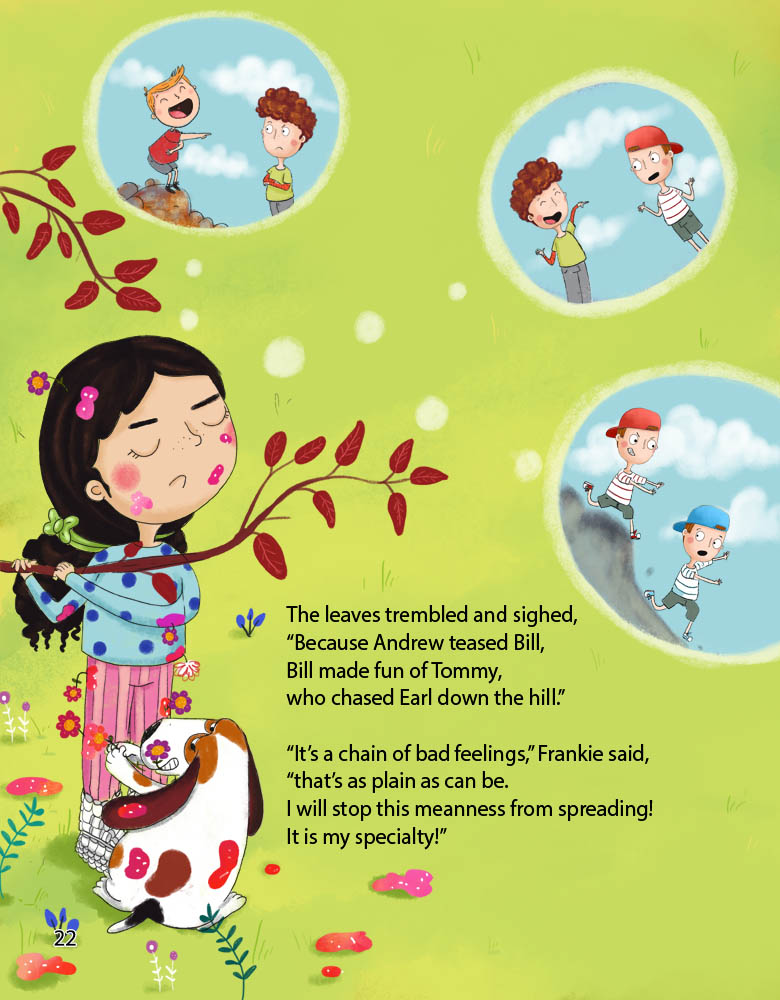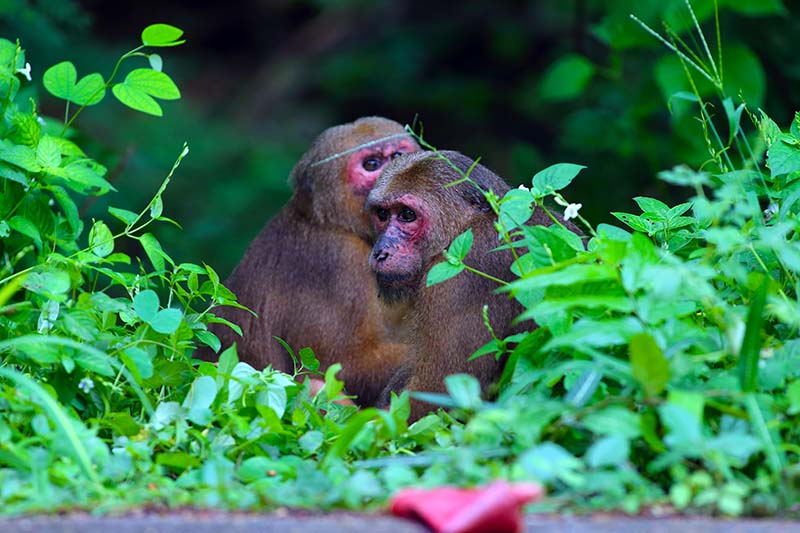2-minute read
Wren you’ve got it, you’ve got it!
The pīwauwau rock wren, the little songbird with the really big feet, has hopped and bopped past its competitors to be crowned 2022 New Zealand Bird of the Year. And what makes the diminutive mountain dweller a winner? For starters, the feathered rock climber is New Zealand’s only true alpine bird, spending its entire life flitting around the unforgiving, rugged terrain of the island country’s mountain regions. Despite weighing less than a double-A battery and lacking an insulating layer of down, the rock wren manages to endure months of bitter cold temperatures that can drop below -10℃ at elevations as high as 3,000 meters.
You might think that an ancient bird species robust enough to survive 62 million years in such a harsh environment could handle just about anything nature throws its way, but the rock wren is in serious trouble. Unfortunately, human-introduced predators have pushed the intrepid avian mountaineers to the brink of extinction.
Even though our Bird of the Year pick, the rockhopper penguin, failed to capture the crown, we’re happy to congratulate this little endangered underbird on its much-deserved big win. With 49% of bird species globally in decline, drawing attention to the plight of rare and at-risk fliers like the New Zealand rock wren can promote conservation strategies that ensure they stick around to prettify the planet for another few million years.
You can find out more about the rock wren and other amazing New Zealand bird species from Forest & Bird. And if you’d like to offer your support to all of the winged wonders of our world, Birdlife International has lots of ways you can lend a hand. Faced with the triple threats of climate change, habitat loss, and invasive species, our beloved birds might just survive with a little help and TLC from their fwrens.

ICYMI Nature News
Prescription Bird Benefits
We’ve said it before, but we’ll say it again, being around birds is good for you. In case you need another great reason to spend time in nature with the feathered songsters, researchers at King’s College have concluded that seeing and hearing birds improves overall mental well-being. So, if you’ve got a stubborn case of the blues, you may benefit from a daily dose of prescribed birdsong.
Bees Just Want to Have Fun
Apparently, all work and no play makes for very dull pollinators. We knew the brainy, little insects were hard workers, but according to scientists at Queen Mary University, bees are also fun seekers that like to play with toys given the opportunity. Note to self: add teeny-tiny toy chest to garden.
Mapping Pachyderm Facial Feels
Have you ever wondered how elephants maintain such effortless control of their trunks? According to Science Advances, it’s because they have tens of thousands of nerve cells in the grape-sized brain region that controls their facial muscles—63,000 cells for African elephants and 54,000 for Asians. We humans, by comparison, have only 8-9000 nerve cells in our facial control center. Now you know why you can’t pull out tree trunks with your nose.
Nose-Picking Primates
It’s long been accepted that Mother Nature provides each unique species on the planet with the essential tools and abilities needed to survive. In the case of the Madagascar aye-aye, it seems the primate needs to pick its nose, so is equipped with an 8 cm extra-long middle finger to do the job. Researchers believe that the nose-picking habit (hobby?), also common in other primates, is likely a form of self-cleaning. Tissue, little fellow?
FWP Carbon Capture Report
We’ve got another month of tree planting and carbon capture updates to report. But before we get to the number crunching, we’d like to provide a bit of info about why we plant where we plant.
Almost every region on Earth can get a boost from tree planting, but picking spots that provide the optimal social, biodiversity, and environmental benefits is critical to our mission. Through our partnership with Tree-Nation, we plant the majority of our trees in the tropical zone, where they receive the most sunlight to expedite growth and CO2 capture.
Tropical regions also host about 85% of all terrestrial species. Planting trees in the tropics helps combat deforestation and habitat loss that threaten many species with extinction. The Tree-Nation platform also enables us to plant drought-resistant crop trees that support communities most at risk from famine and malnutrition. Our goal is to plant the right trees in the right places for the greatest all-around benefit.
From April through October, the trees we’ve planted across 11 projects bring our carbon capture total to 2020 tons of CO2. That’s equivalent to 2,235,456 pounds of coal burned, 227,350 gallons of gasoline consumed, or 5,015,197 miles driven by an average gasoline-powered passenger vehicle.




















































